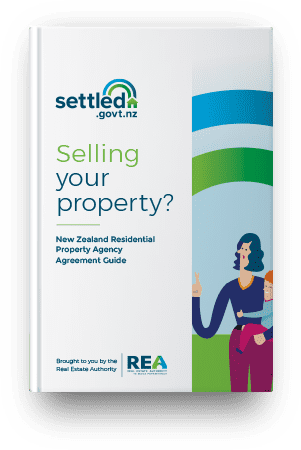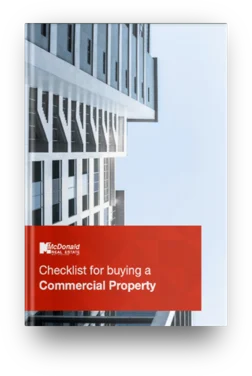New Zealand Residential Property Agency Agreement Guide.
Buying or selling your home is a big move and one of the biggest financial decisions Kiwis make. It’s a complex and sometimes stressful process with potentially significant emotional and financial impacts if things go wrong.
This guide tells you…
• what an agency agreement is
• what the agent should tell you before you sign
• an agency agreement
• what’s in an agency agreement
• what happens if you have a problem
• where to go for more information





